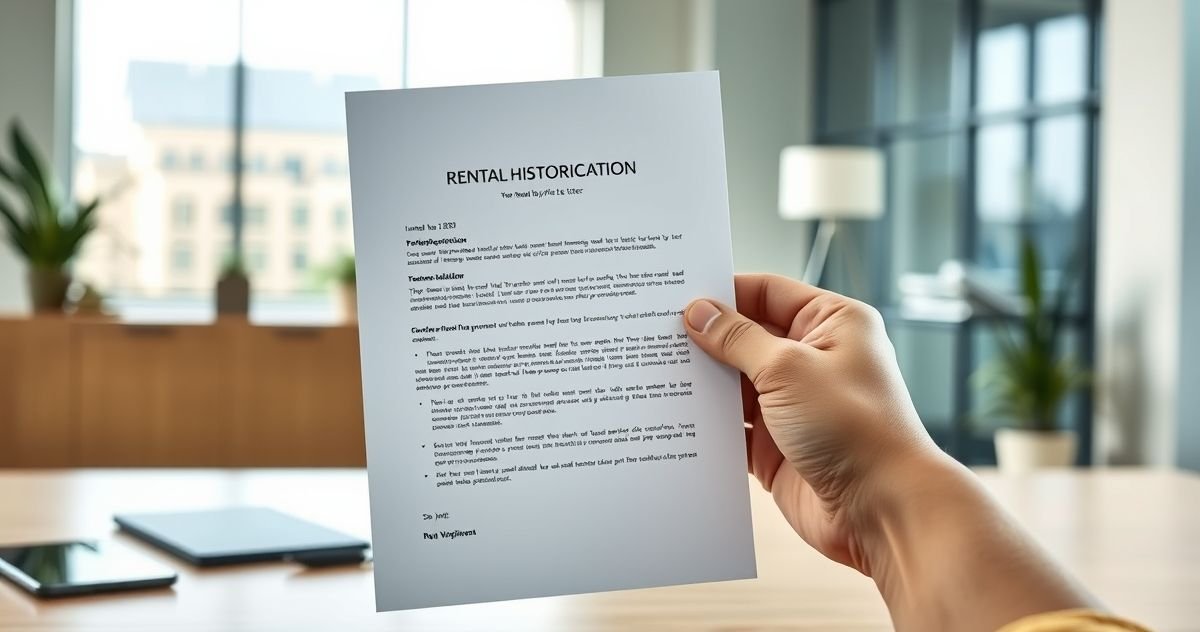A rental verification letter acts like a report card for your tenancy, providing third-party verification of your rental history to new landlords or mortgage lenders. This document typically details your lease start and end dates, monthly rent amount, and payment history, including any late payments. It confirms that you were a responsible tenant who fulfilled the terms of your lease.
When applying for a new rental or a mortgage, landlords or lenders often request this letter to reduce risk by verifying your ability to pay rent on time. For individuals with limited credit history, a rental verification letter (or Verification of Rent) can be especially valuable in demonstrating financial responsibility, as noted by the Consumer Financial Protection Bureau (CFPB).
The process usually involves the prospective landlord or lender asking for proof of rental history, you requesting this letter from your current or previous landlord, the landlord providing the signed document with all relevant details, and then you submitting it to the party that requested it.
Key details included in a rental verification letter are:
- Tenant’s full name and co-tenants (if any)
- Rental property address
- Landlord or property manager’s contact information
- Lease term dates
- Monthly rent amount and any included utilities
- Payment history indicating on-time or late payments
- Optional landlord statement on tenant’s standing
- Landlord’s signature and the date
Tenants should request the letter politely in writing with sufficient notice. Landlords providing the letter should keep accurate payment records and stick to factual information to avoid legal issues.
If a landlord is unresponsive, tenants can provide alternative proof such as canceled rent checks, bank statements showing rent payments, or a direct landlord contact for verbal confirmation. While rare, some property management companies may charge a small fee for providing this documentation.
Keep in mind, a rental verification letter is just one factor landlords or lenders use to evaluate your application. They will also consider your income, credit score, background checks, and other relevant information.
For related topics, see our entries on Proof of Income and Alternative Documentation Loan.
References:
- Consumer Financial Protection Bureau, “What information do I have to give a mortgage lender?” https://www.consumerfinance.gov/ask-cfpb/what-information-do-i-have-to-give-a-mortgage-lender-en-195/
- Forbes Advisor, “Rental Verification Form: What To Include” https://www.forbes.com/advisor/landlord-tenant-law/rental-verification-form/
- NerdWallet, “What Is a Landlord Reference Letter?” https://www.nerdwallet.com/article/finance/landlord-reference-letter
External resource:
- IRS, Tenant Tax Responsibilities (for tenant financial compliance context): https://www.irs.gov/businesses/small-businesses-self-employed/rental-income

